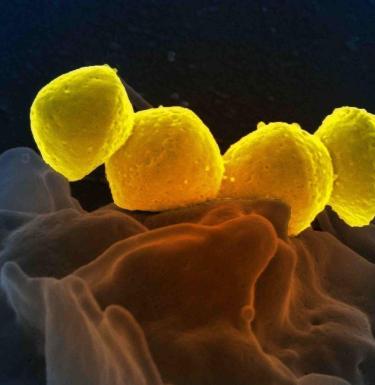
Record-breaking rise in deadly infections in Japan renews focus on the mysteries of strep
“When a patient comes in with group A strep in the blood, unless they have a wound, you often don’t know how it got into the body,” said Lee Harrison, professor of epidemiology and infectious diseases and microbiology.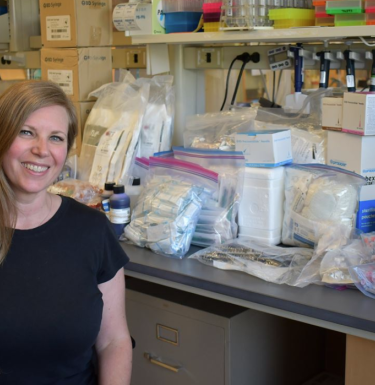
Pitt professor to deliver key animal healthcare supplies to Bolivia
The amount of waste from expired and unused lab supplies always bothered Pitt researcher Danielle Tufts. But after reading about a sanctuary that rescues animals from abuse, illegal pet trade and wildlife trafficking in Bolivia, she saw an opportunity.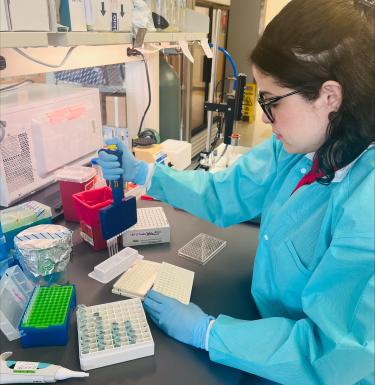
New synthetic biomarker technology differentiates between prior zika and dengue infections
A newly discovered Zika virus-specific synthetic molecule is capable of differentiating Zika-immune patient samples from samples of patients previously infected with the related dengue virus.
Dara Méndez and Amy Hartman selected as Health Sciences Ascending Star Awardees
Congratulations to Dara Méndez, associate director of the center for health equity and associate professor of epidemiology and Amy Hartman, associate professor of infectious diseases and microbiology, on receiving 2024 Ascending Star Awards.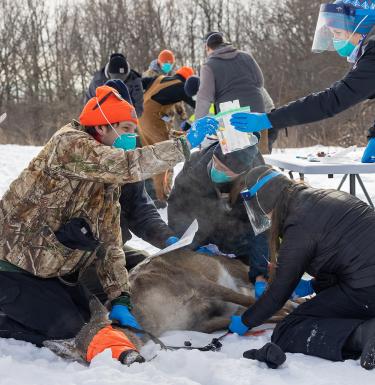
Virus gone wild: Which wild animals carry the COVID-19 virus? An ambitious U.S. project aims to find out
Infectious Diseases and Microbiology Chair Suresh Kuchipudi, and others aim to collect and analyze more than 24,000 samples from 58 wildlife species over the next 2 years.
Africa intensifies battle against mpox as ‘alarming’ outbreaks continue
The global outbreak helped bring new attention to mpox and led to a boom in research, Jean Nachega associate professor of Infectious Diseases and Microbiology and Epidemiology says, but almost all of it came in Europe and North America.
‘Nobody saw this coming’; California dairies scramble to guard herds against bird flu
“The concerning trend of multiple states reporting cattle infections raises the likelihood of continued human exposure,” said Suresh Kuchipudi, professor and chair of infectious diseases and microbiology.
Leading the charge in combatting tick-borne viruses
Assistant Professor Priscila Da Silva Castanha and team awarded Pitt Momentum Funds.
Assistant Professor Priscila Da Silva Castanha, leading a team from the Department of Infectious Diseases and Microbiology, has been awarded Pitt Momentum Funds for her innovative research on the Powassan virus (POWV), an emerging tick-borne virus posing significant public health risks.
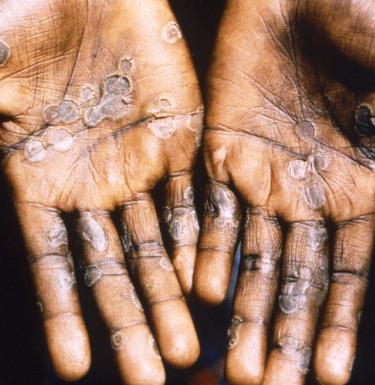
Why the mpox outbreak in the Democratic Republic of Congo is worrying disease docs
"It's just a matter of time, if nothing is done, that the transmission crosses the border in the African region and, again, globally," says Jean Nachega associate professor of Infectious Diseases and Microbiology and Epidemiology.

Advancing Global One Health Partnerships with Vietnam
Suresh Kuchipudi, chair of Infectious Diseases and Microbiology (IDM), along with IDM faculty members Linda Frank and Toan Ha, recently visited key institutions in Vietnam.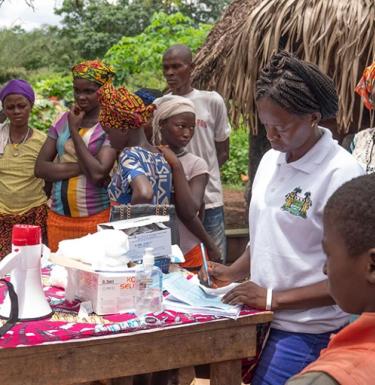
Massive public-health experiment sends vaccination rates soaring
“The investigators made a great effort to bring vaccines to remote communities,” says Jean Nachega associate professor of Infectious Diseases and Microbiology and Epidemiology.
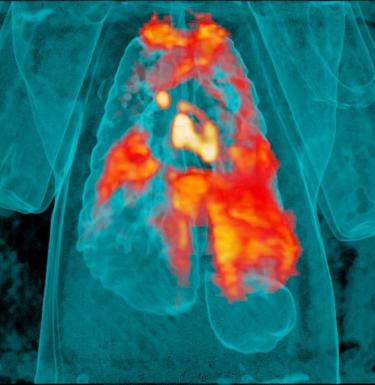
Early birds prepare for avian flu threat
Among those alarmed by a possible future pandemic risk was Simon Barratt-Boyes, professor of infectious diseases and microbiology.

Brazil has a dengue emergency, portending a health crisis for the Americas
“Right now you have serotypes circulating in Brazil that have not circulated in 20 years,” said Ernesto Marques, associate professor of infectious diseases and microbiology.

Teagen O’Malley and Sarah Krier receive CTSI Dissemination and Implementation Science Pilot competition funding
Teagen O’Malley (IDM), along with co-investigators Jessie Burke (BCHS), Isabel Janmey (UPMC), and Sarah Krier (IDM) received CTSI Dissemination and Implementation Science Pilot competition funding.

Pitt Public Health honors alumni at awards ceremony
The University of Pittsburgh School of Public Health recognized nine alumni for their outstanding service to the field of public health at an awards ceremony.